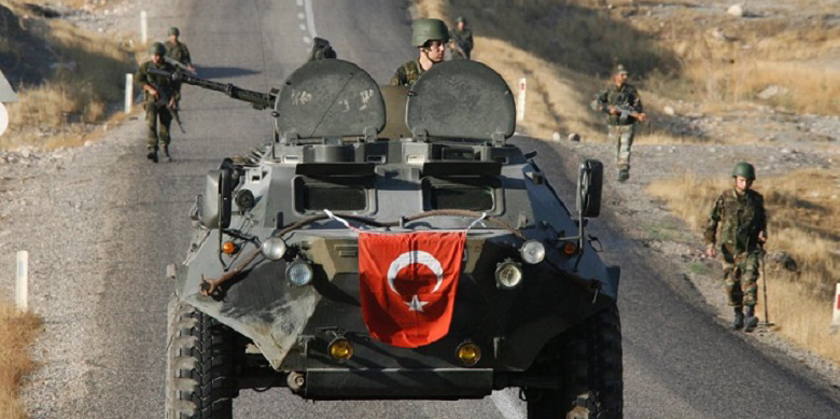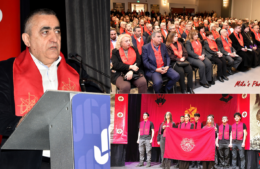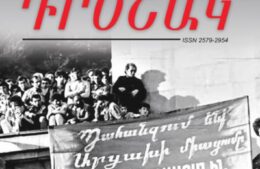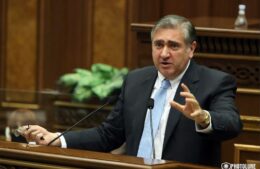2 years into revived PKK-Turkey conflict, Crisis Group foresees more violence
- (0)

ICG has confirmed 2,982 casualties in the two years of conflict. That includes 977 Turkish security forces, 1,378 PKK fighters, 219 youth of unknown affiliation, and 408 civilians.
(Rudaw) – On the second anniversary of a return to conflict between Turkish forces and the Kurdistan Workers Party (PKK), the International Crisis Group (ICG) says key factors point to increased violence in the coming months.
A two-and-a-half-year ceasefire between the PKK and the Turkish army ended on July 20, 2015 after an ISIS suicide bombing killed 33 young pro-Kurdish activists in Suruc during a press conference announcing a trip to help with the reconstruction of Kobane, Syria after Kurdish forces defeated ISIS in the town. The PKK subsequently killed two police officers in a revenge attack, claiming they collaborated with ISIS in the Suruc bombing.
The renewed hostilities differed from previous rounds of violence in that the conflict was brought into urban areas. “Violence peaked between February and May 2016 when fighting erupted in some urban districts of south-east Turkey for the first time in the conflict’s 33-year history,” ICG stated.
The ICG has confirmed 2,982 casualties in the two years of conflict. That includes 977 Turkish security forces, 1,378 PKK fighters, 219 youth of unknown affiliation, and 408 civilians.
Noting that the PKK has not carried out any major urban attacks since December, the ICG nevertheless points to two factors that it believes indicate a likely escalation in the violence.
First is US arming of Kurdish forces in Syria. The YPG is a major US ally fighting ISIS on the ground in northern Syria and the city of Raqqa, but Turkey alleges the group is an offshoot of the PKK.
“Once the Raqqa offensive ends, the likelihood of military confrontation may increase if US engagement wanes or if Turkey decides to strike the YPG in north-west Syria,” ICG states, adding that the PKK may be “emboldened” by the military support for the YPG.
Turkey has already built up forces in northwest Syria, around the Kurdish canton of Afrin, leading to “violent” clashes, according to the Syrian Observatory for Human Rights.
The YPG maintains that it is a separate entity from the PKK, though it has the same ideological roots.
The second factor indicating a likelihood of increased violence between the PKK and Turkish forces, according to ICG, is recent threats made by a PKK offshoot, the Kurdistan Freedom Falcons (TAK).
TAK threatened to attack Turkish cities and tourist sites in a June 6 statement.
ICG’s predictions come amid heightened nationalism in Turkey. President Recep Tayyip Erdogan has strengthened his hand in the aftermath of last year’s attempted coup, introducing an executive presidency and overseeing the systematic jailing of the pro-Kurdish opposition.
Ankara’s crackdown on the Kurdish political movement “could have long-term consequences, legitimizing resort to violent means and driving up PKK recruitment,” ICG warns.
“A resumption of talks appears unlikely in the foreseeable future but remains the only viable path to resolving this deadly conflict,” the crisis group concluded.



















